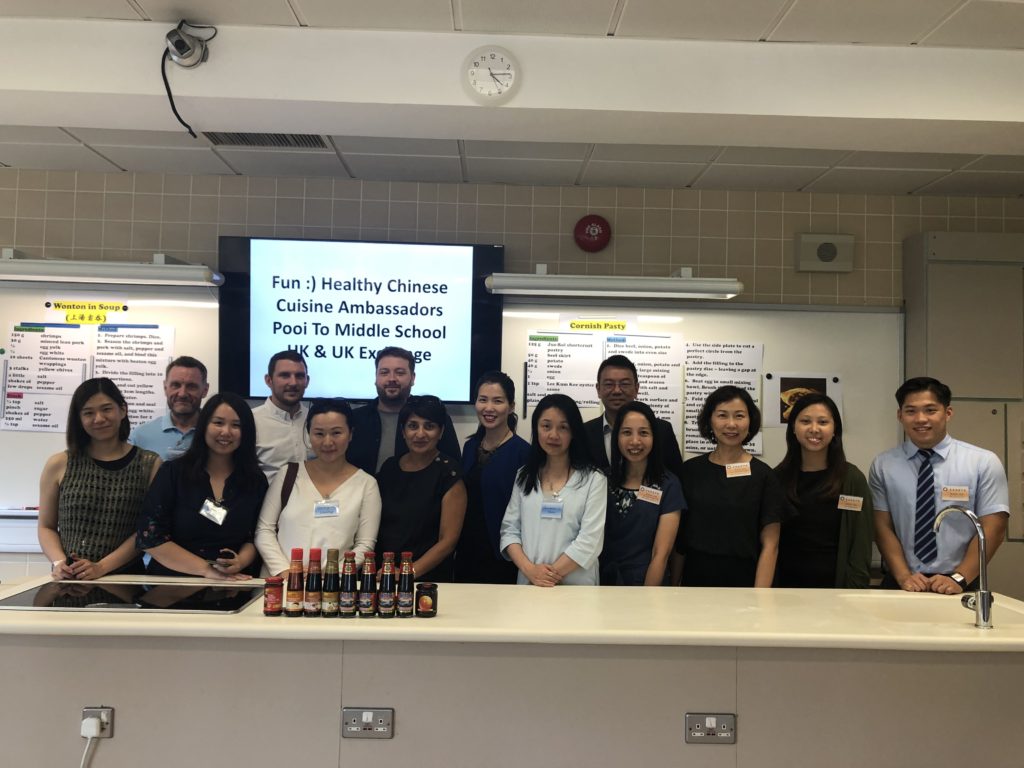
Once a year, I get to judge on the FunHCCA cookery competition where 10 food teachers all around the U.K. come together at the MingAi charity centre in north London to showcase their recipes. I comment on the overall healthy aspects of the methods and balance of the dishes. Together with other panel members, we pick the top three teachers who win a week-long trip and culinary adventure to Hong Kong.
Spearheaded by MingAi charity and Lee Kum Kee Europe, this is a teacher-training programme to equip teachers with the techniques to cook Chinese food with their students. Chinese sauces have a particular role in imparting flavours during the cooking process, rather than just a base or dip. We talk about how soy sauce, is considered as one of the seven essentials「開門七件事」underpinning a Chinese household, and the use of oyster sauce – which tastes perfect with any mushroom dish – but so little known outside of the Chinese diaspora.
It was very interesting to see how teachers use these key sauces with their students, rather than sachets of pre-made sauces which may be more popular in the UK market. However, given the appropriate use of soy and oyster sauces, options are endless in the kitchen. For example, oyster sauce with its umami flavours, can be used as a marinade such as Cornish pasties (below), a truly wonderful combination of East and West!
Another important aspect of this programme is the focus on the cutting and cooking techniques – stir-fry, steam, braise. It all seems quite simple but is quite different to what the children know, particularly in areas outside of London.
I am delighted to join the delegation in Hong Kong this year at their school visit at Pooi To Middle School. There was a presentation by the students to make wonton, a Cantonese style prawn and meat dumpling served with noodles. The U.K. teachers introduced Cornish pasties – which also requires a bit of folding and shaping – and then made them for “afternoon tea”.
These exchanges are so important in food education and can act as a kind of diplomacy to nurture understanding in each other’s history and culture through the lens of food. Projects as such are rare, but with the right funding and context, there is a lot of potential that international relations and friendships are built on education. After all, food is an important tangible material which helps to connect people across the globe.
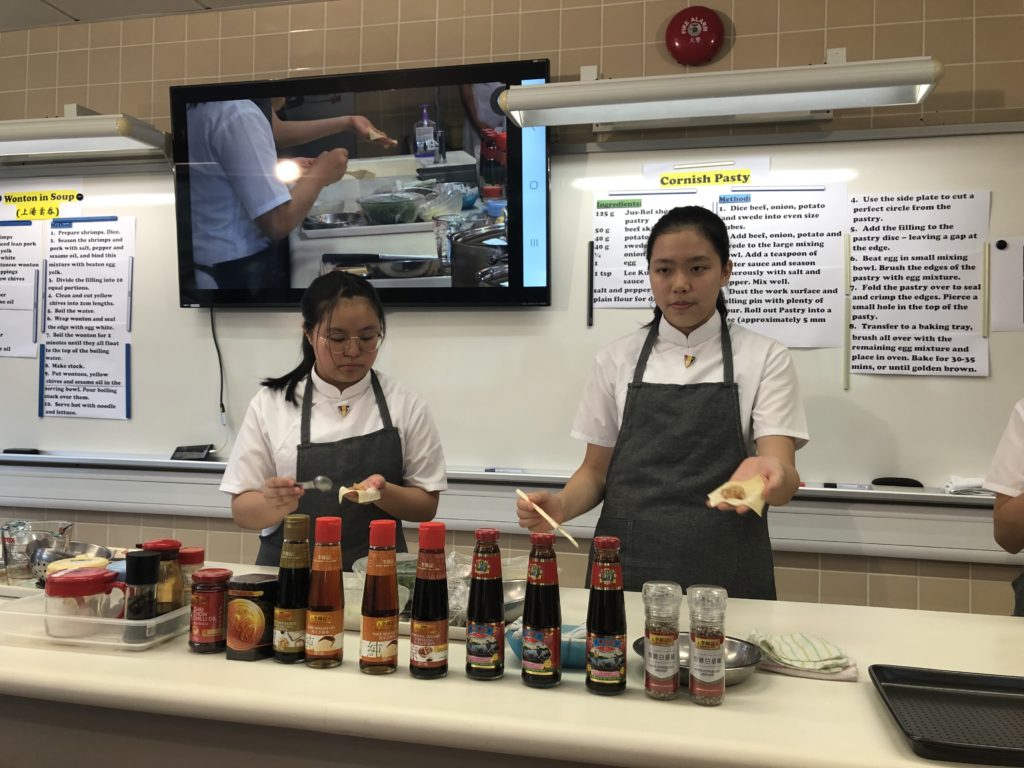
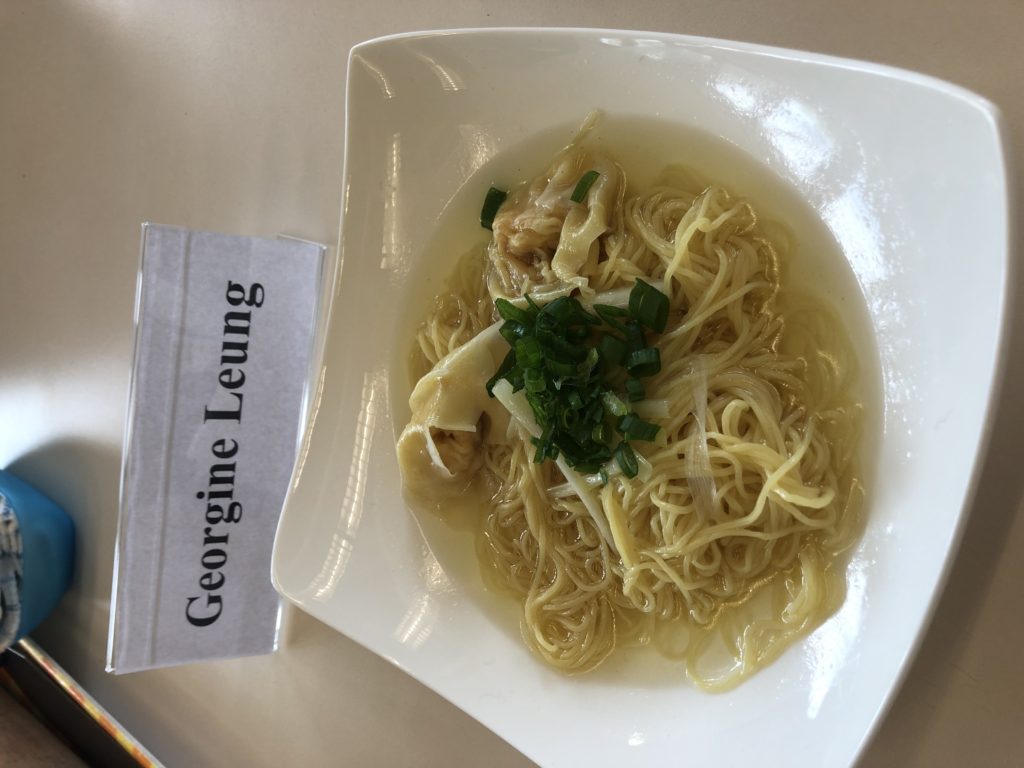
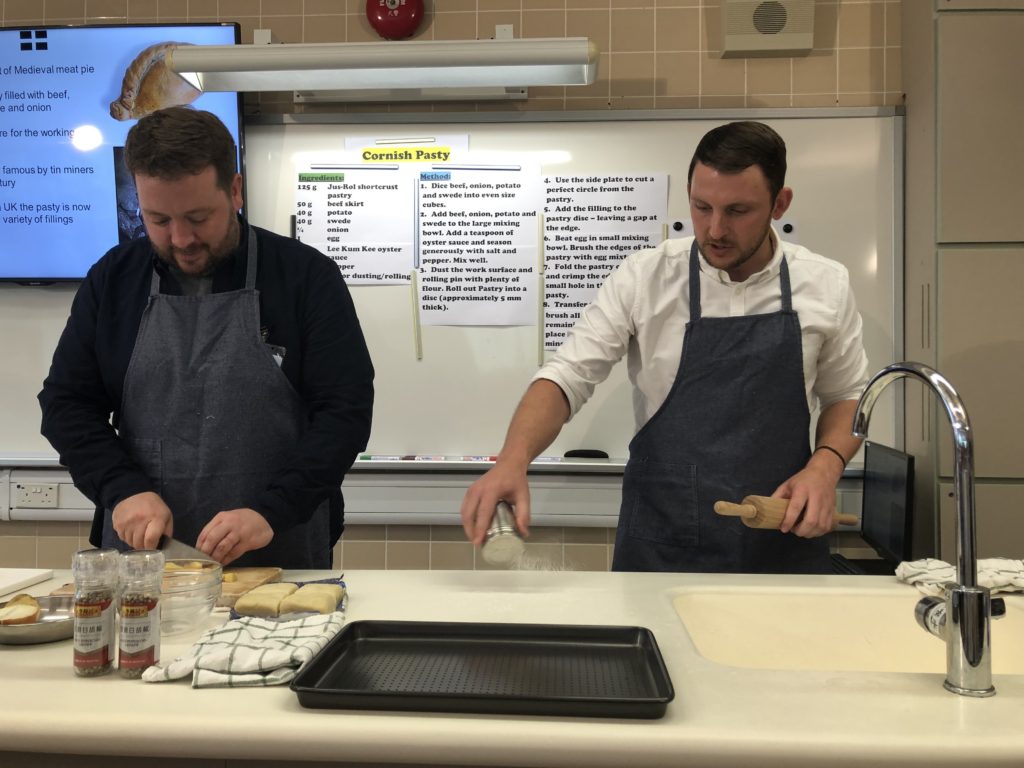
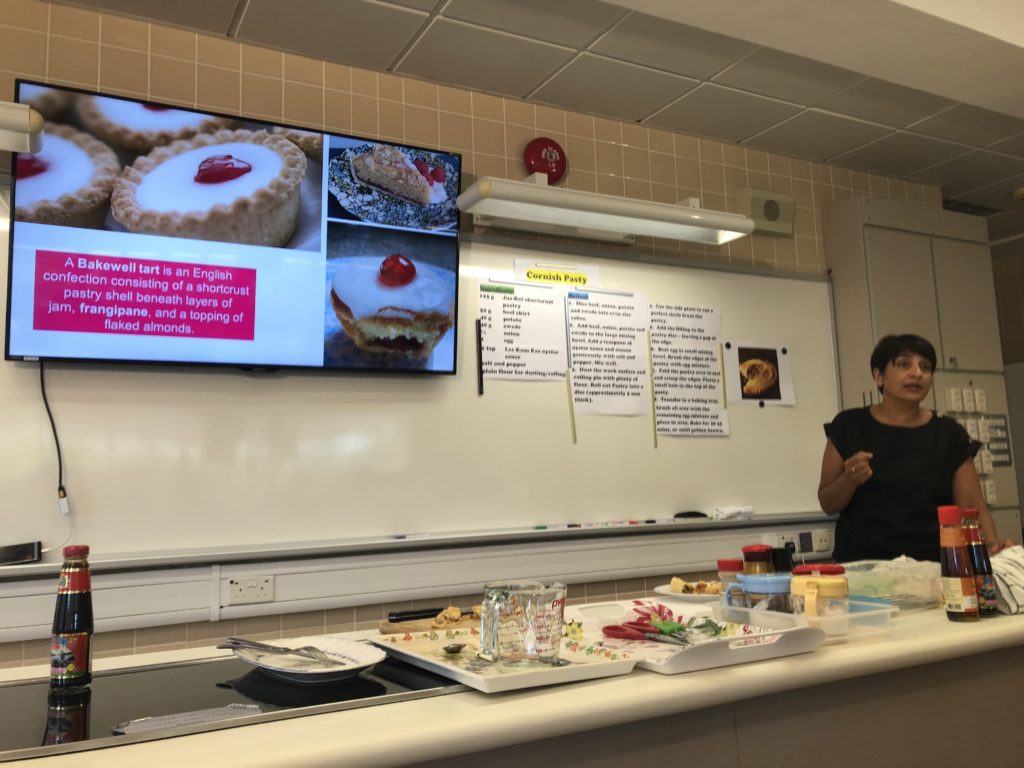
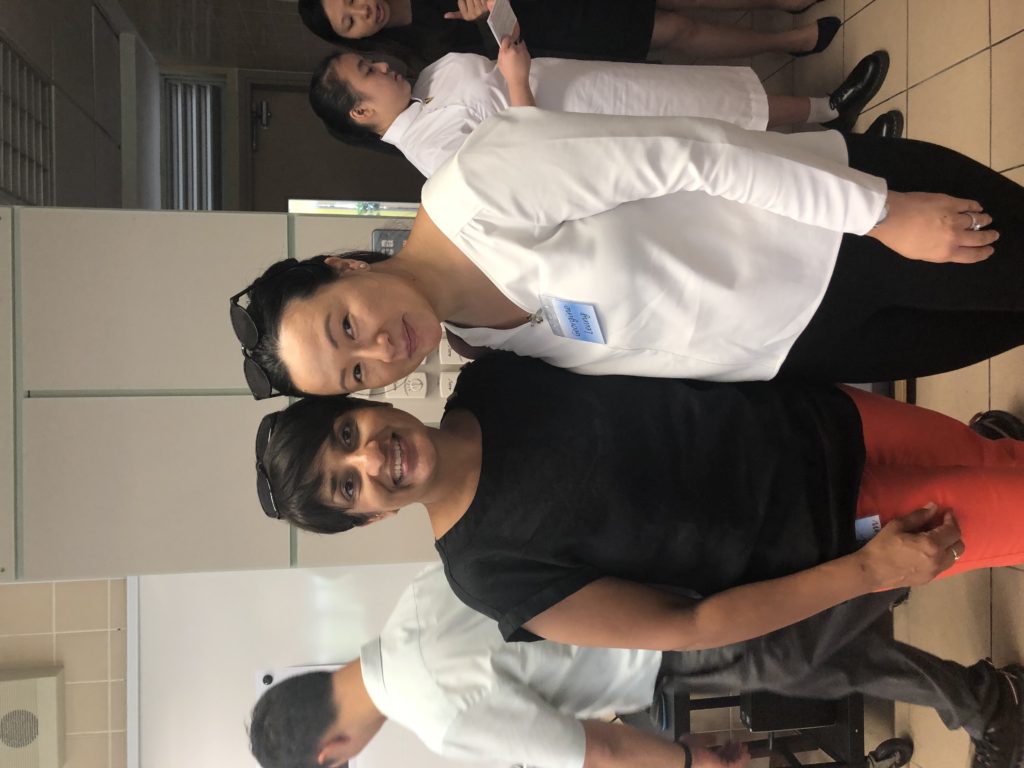
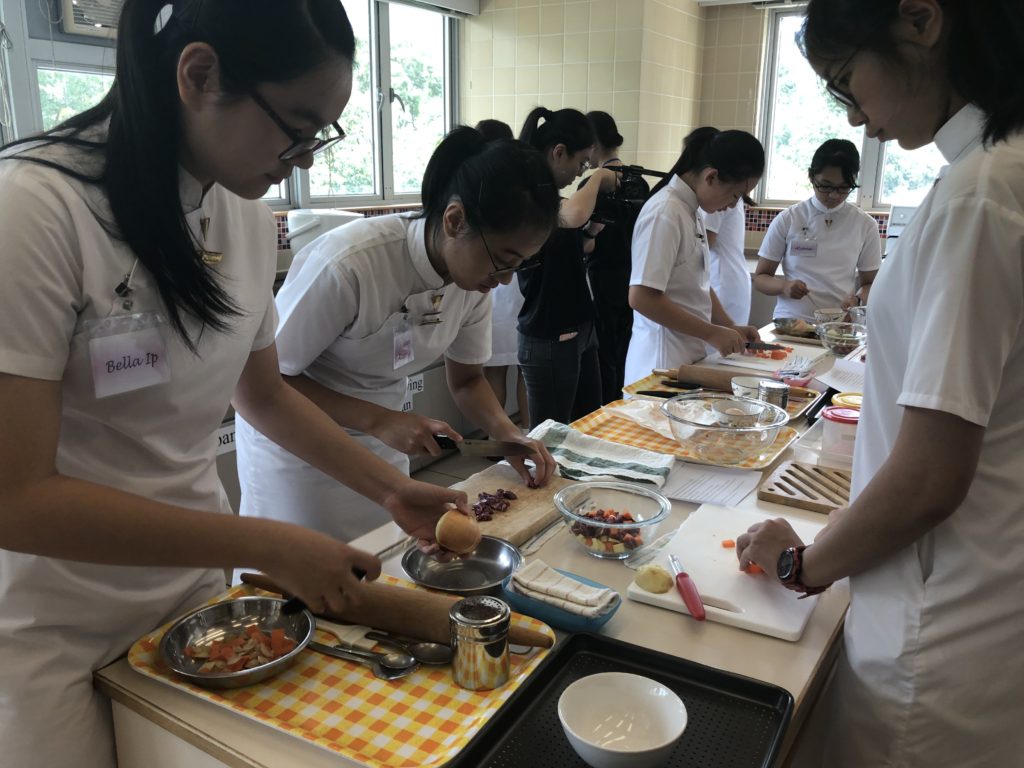
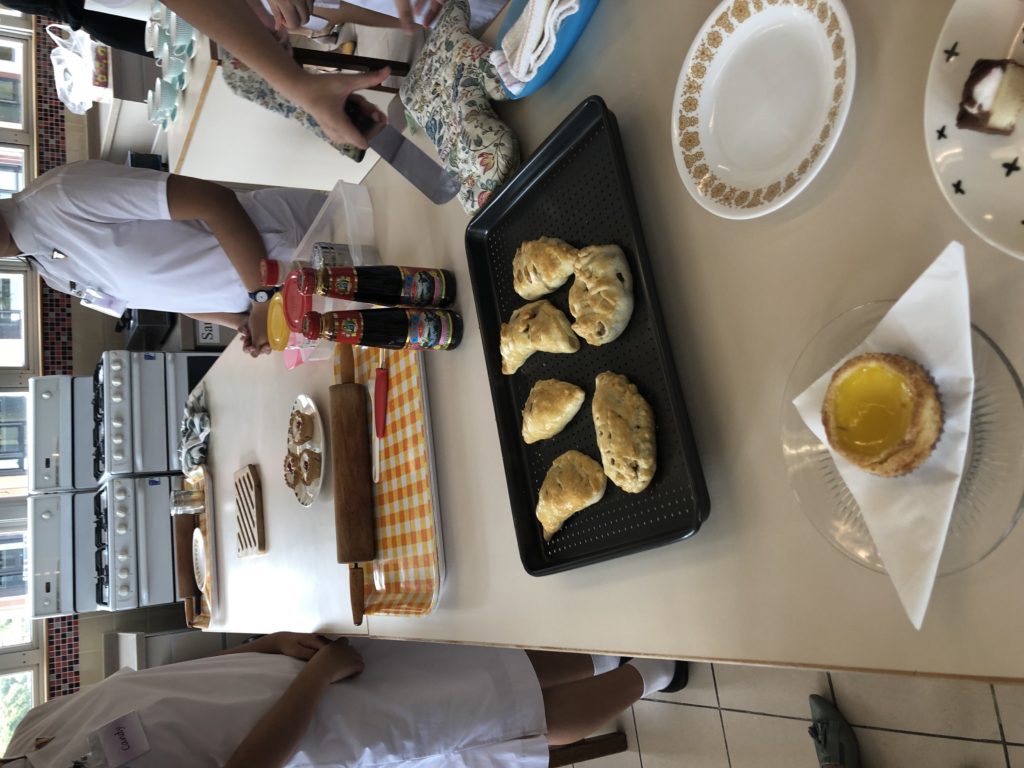
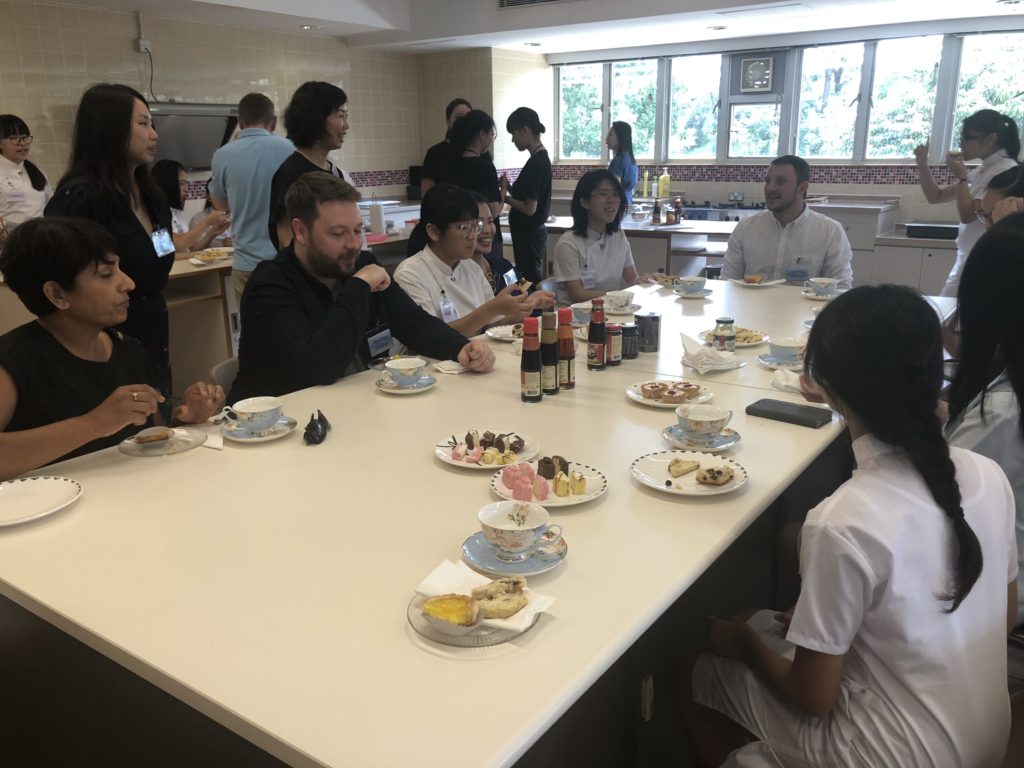
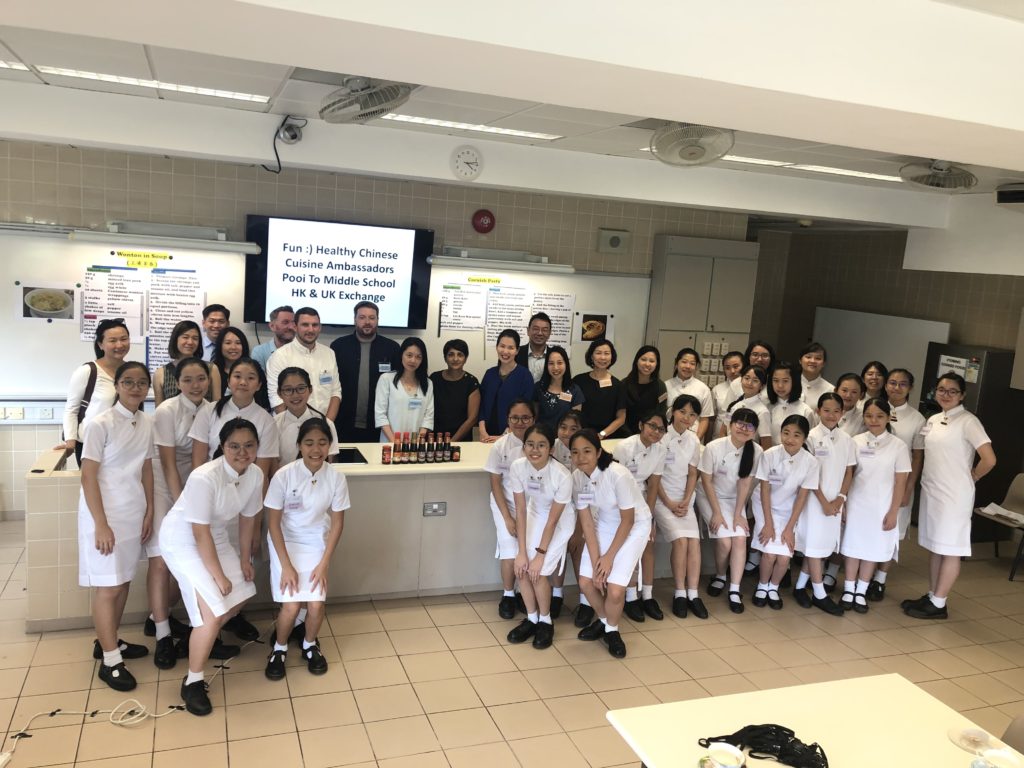

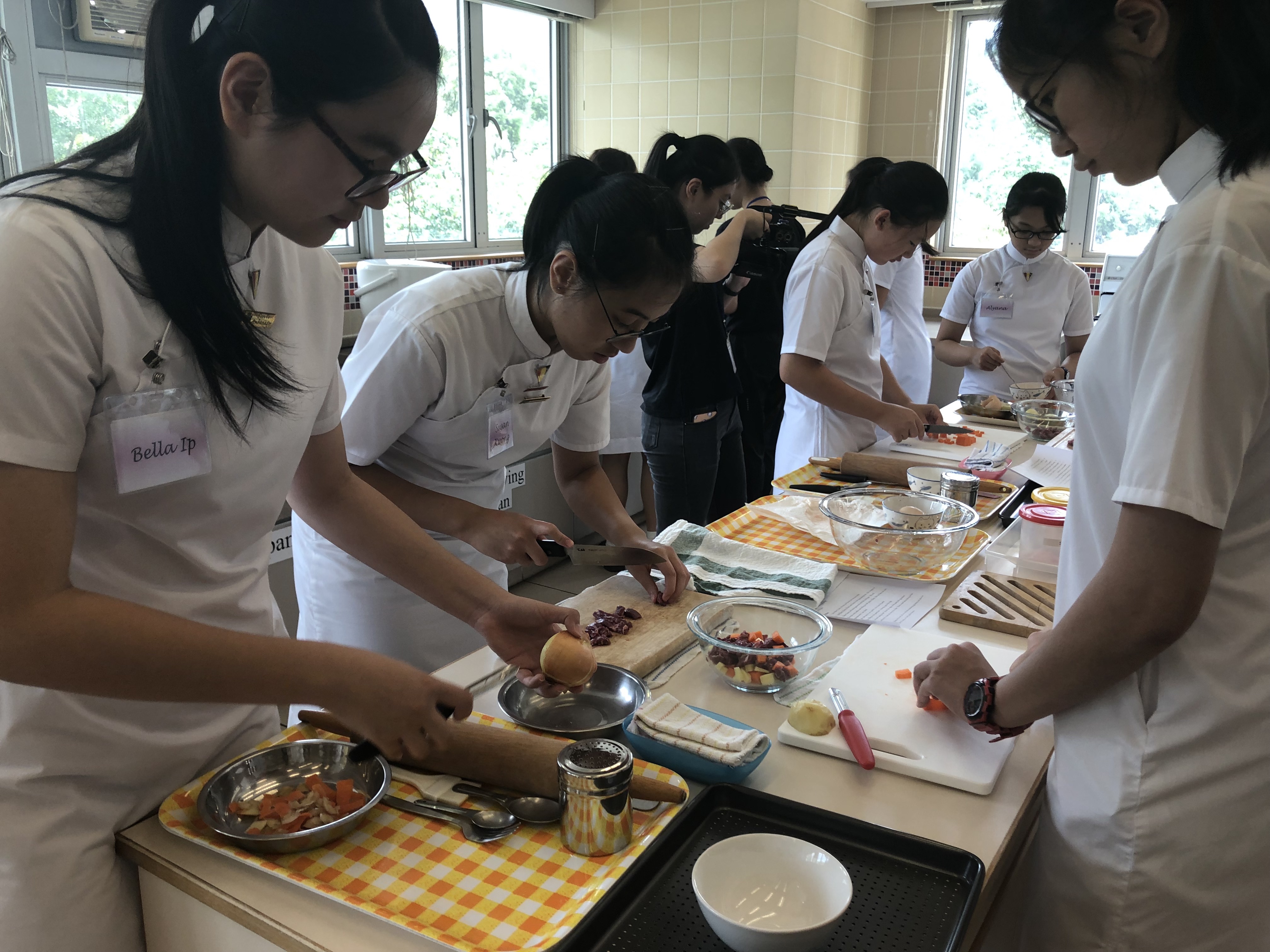
Wow, fantastic weblog format! How lengthy have you ever been running a blog for?
you make blogging look easy. The full look of your web site is fantastic, let alone the content!
You can see similar here dobry sklep
Wow, amazing blog layout! How long have you been running a blog for?
you make blogging look easy. The overall look
of your website is great, as neatly as the
content material! You can see similar here sklep internetowy
Wow, fantastic blog format! How lengthy have you
ever been blogging for? you make blogging look easy.
The full look of your site is magnificent, let alone the content material!
You can see similar here e-commerce
Hey! Do you know if they make any plugins to help with
Search Engine Optimization? I’m trying to get my blog to rank for some targeted keywords but
I’m not seeing very good success. If you know of any please share.
Thanks! I saw similar art here: Scrapebox List
Hi there! Do you know if they make any plugins to help with Search Engine Optimization? I’m trying to get my site to
rank for some targeted keywords but I’m not seeing very good
success. If you know of any please share. Thanks! I saw similar article here: Backlink Building
It’s very interesting! If you need help, look here: ARA Agency
Hello there! Do you know if they make any plugins to help with SEO?
I’m trying to get my blog to rank for some targeted keywords but I’m not seeing very good results.
If you know of any please share. Thanks! You can read similar blog here: Najlepszy sklep
I am not sure where you’re getting your info, but good topic.
I needs to spend some time learning more or
understanding more. Thanks for magnificent information I was looking for this information for my mission. I saw similar here: Dobry sklep
Wow, marvelous blog layout! How long have you
ever been running a blog for? you made blogging glance easy.
The full look of your site is magnificent, as smartly as the content!
You can see similar here e-commerce